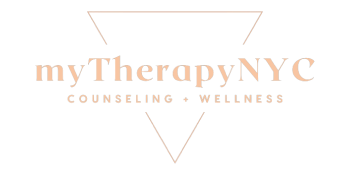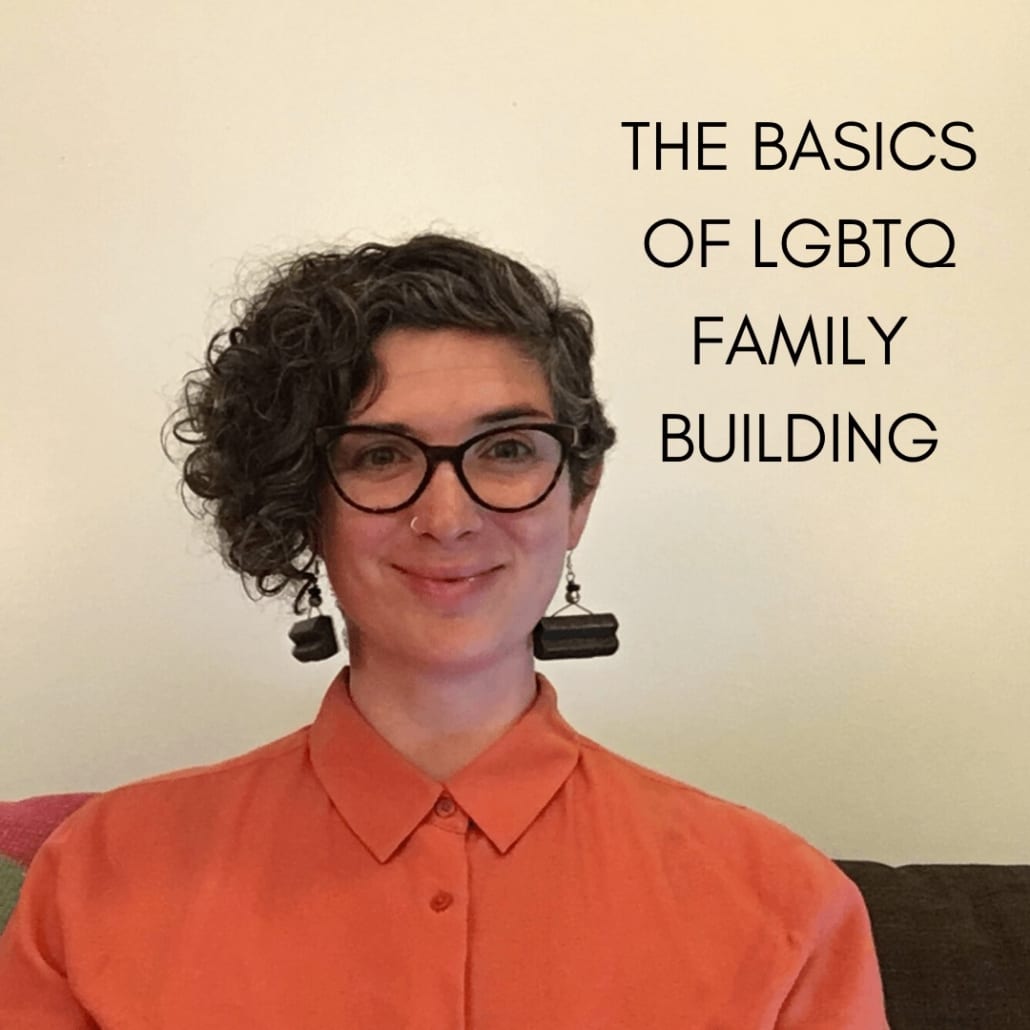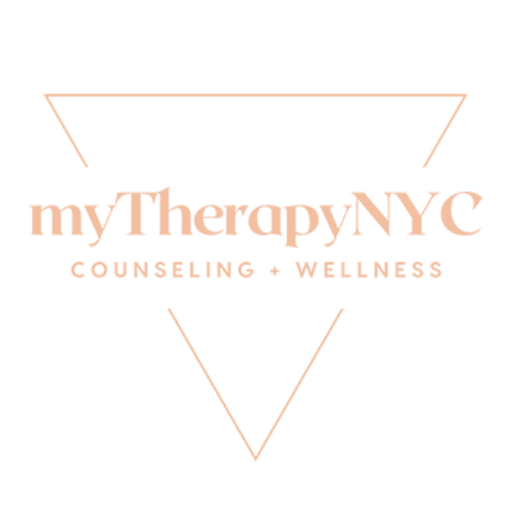The Basics of LGBTQ Family Building [Transcript]
Hi my name is Pamela and I’m a psychotherapist at myTherapyNYC. Today I want to talk to you about the basics of LBGTQ family building.
You might have some ideas about ways that building a family as an LGBTQ person might be really challenging or even impossible. However, the good news is, there are several ways that LBGTQ individuals and couples are able to become parents. There absolutely are some additional steps that are needed and there are many decisions to make along the way; however, one thing that is really amazing about LGBTQ folks seeking to become parents, is that there is such a high level of intentionality in the process. Because there are so many steps to take, you really want it if you’re going through this process.
So, I am going to list a few of that ways that LGBTQ people can become parents.
Read more: How to Live a Joyful and Fulfilling Life after Coming Out
Adoption
The first is adoption. You can adopt through the child welfare system in a public adoption, or you can adopt privately through a private adoption agency. Then there are many decisions to make in the process. For example, do you want an international adoption or domestic adoption? Would you like an open adoption or closed adoption? Currently, the research shows that the best outcomes do result when there is an open adoption, which means that birth parents or families of origin remain in relationship with the adoptive family and the child. The adoption agency would facilitate that process and provide support on both ends.
Artificial insemination
The next way of becoming a parent for an LGBTQ couple or person is through artificial insemination. Artificial insemination is a great option for people who have a uterus and have an egg but are lacking sperm. The way that the process works is you have donor sperm and that sperm is inserted into the person with the uterus who is going to carry the baby. It can be intravaginal insemination which is essentially referred to as the turkey baster method. Or there is intrauterine insemination (IUI), and in that situation sperm is inserted directly into the uterus and this would be done by a medical professional. So one choice that you would need to make if you are using this route is whether you’d like a known donor or an anonymous donor. A known donor means a person in your life who you would ask if they would donate sperm to you. So perhaps this is a relative or a friend, and if you choose this route there are some recommendations that a lot of people have around legal issues. For example, having a donor agreement to make sure that the donor would not, in the future, seek legal parental rights of the child. While this might be a more complicated route, it’s also an opportunity to have another loving adult in the child’s life and an opportunity to have an alternative family structure that can be really meaningful for all involved. If you choose to have an anonymous donor, that means that you are purchasing sperm from a sperm bank. This is a highly regulated industry so what that means is that there is a lot of medical testing done and a lot of rigours processes that the donors go through to make sure they are healthy and stable and they have already signed away their parental rights in the process.
In Vitro Fertilization
Another avenue for people who have a uterus is to do in vitro fertilization (IVF). In IVF, it’s a similar idea as artificial insemination, however you make an embryo, so a fertilized egg, outside of the body and then you insert it directly into the uterus of the person who is carrying. Now, in this option, you might be using your own egg, if it’s a lesbian couple or a queer couple with two people who have eggs, then you can have what’s call reciprocal IVF where the other person’s egg can be used and then inserted into the other partner, or you could be using a donor egg. While this process has a higher likelihood of resulting in a full-term pregnancy on fewer tries, it is much more costly and it is much more medically involved.
Surrogacy
The last process I’d like to mention is surrogacy. This is a great option for gay men or for a single person who is interested in becoming a parent. Simply put, surrogacy is someone carrying the baby for intended parents. There are two kinds of surrogacy. There is gestational surrogacy which means that the person carrying the baby is using the egg of another person. Then traditional surrogacy is where the person carrying the baby is using their own egg; this is much more controversial. In fact, surrogacy is not legal in every state, including the state of New York actually. However, there are many organizations and agencies that will support you through this process.
Those are the kinds of family building for LGBTQ people that I wanted to list, that is just the tip of the iceberg. There is so much information out there and so many details. I think I want to leave you by saying that while this process can appear incredibly daunting and can bring up a lot of feelings on many fronts; and can really bring up a lot for people in your life and people might have lots of questions that might feel exciting and supportive or might feel invasive and insulting. Truly there are many resources, there is a lot of information. Seek the stories of other people who have been through this process. There are lots of people doing great work and have a lot of things that they can offer to support you in your journey toward parenthood.
Read more: Embracing Your Authentic Self
Looking for more guidance?
Check out our LGBT Therapy services
and book a free therapy consultation!
Are you a LGBTQ parent?
Share your insights in the comments below!
- How to Support Your LGBTQ Child: A Parent’s Guide to Becoming an Ally - June 17, 2021
- What Can I Expect from Gestalt Therapy? - January 21, 2021
- 4 Benefits of Virtual Therapy - October 8, 2020





2 comments
This is an amazing video blog, Pamela! I know from the experiences of my friends that the process of starting a LGBTQ+ family can be overwhelming and you provide an excellent overview of the options people have to get started. What a great resource for LGBTQ+ parents-to-be!
I really enjoyed this video blog Pamela! Starting an LGBTQ+ family takes a lot of planning and care within the process and I love how you explained all of the variety of ways one can go about this process. There are some terms and options that I had no idea were available. This is such a great resource!